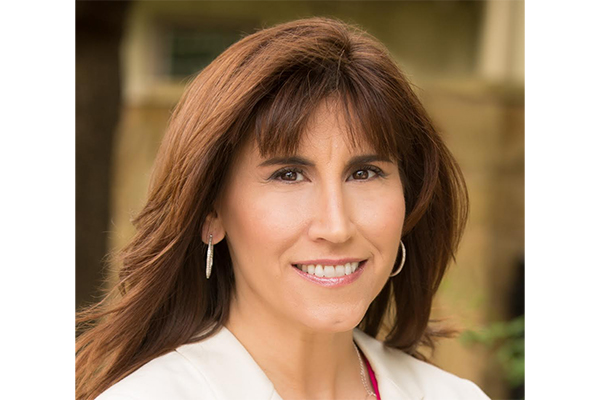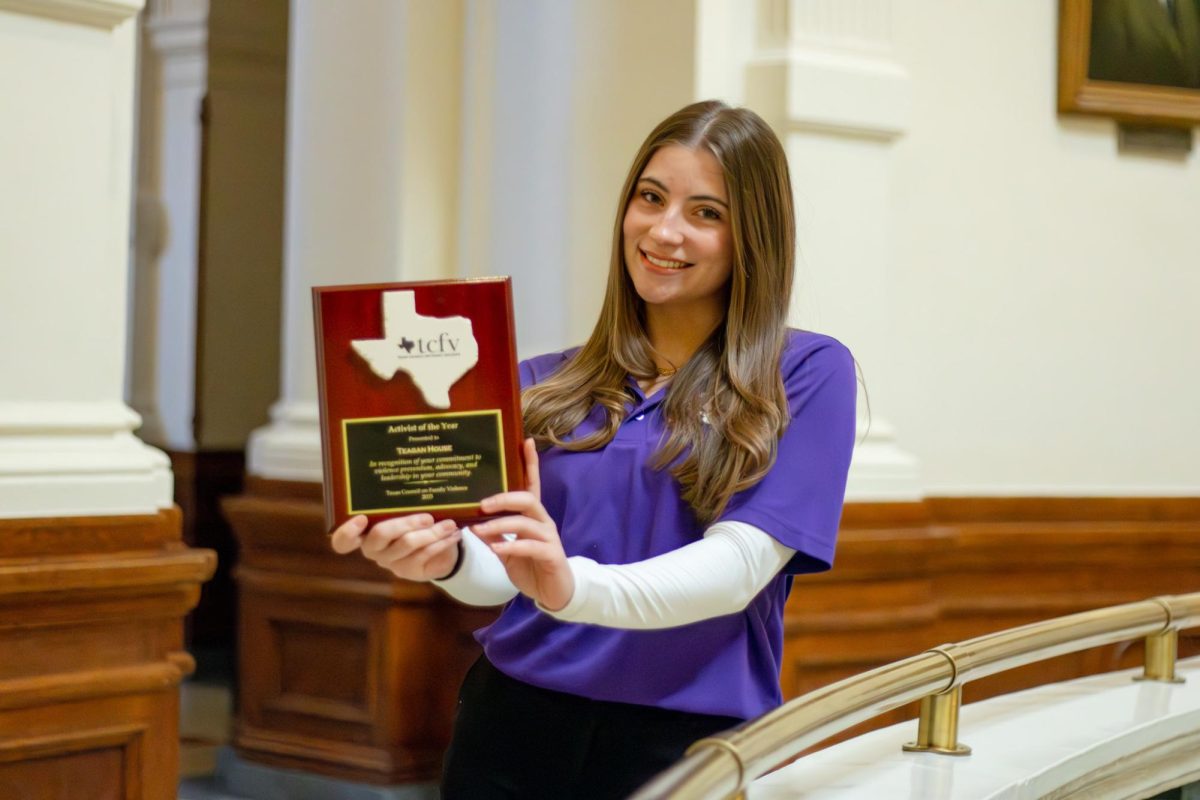Overwhelmed. Overworked. Overtired. These are modern-day wounds that Maura Thomas — author, speaker and trainer in work-life balance — strives to heal every day.
Thomas’ work focuses on how to master attention management, or as she calls it, “the new time management.” On Saturday, Sept. 7 from 2-3:30 p.m., she will discuss her new book, “Attention Management: How to Create Success and Gain Productivity — Every Day,” with KUT’s Jennifer Stayton at BookPeople. Signed copies will be available for purchase at BookPeople only until Sunday.
The Daily Texan: You use two terms in your work: “Empowered Productivity System” and “attention management.” What do they mean, and how are they different than time management?
Maura Thomas: The Empowered Productivity System is a way to manage workflow, or what I call our “life flow” — all of our commitments, communication and information. Attention management is the practice of engaging the brain in the moment. Traditionally, we tackle productivity challenges with time management. Everyone gets the same amount of time, so lack of time is not the problem. In the fast-paced world we live in, our biggest challenge is distraction. If distraction is the problem, attention management is the solution.
DT: What should our readers expect to gain from attending your book event Saturday?
MT: Some people feel that the phrase “attention management” is intuitive, and some look for an explanation. Both groups I think will be
surprised at the answer. I’ll explain how I came to the phrase “attention management” to describe what I think is the most useful business skill for the 21st century, why I think this, and how to start practicing it.
DT: Your work quotes Herbert Simon, a Nobel Prize-winning economist. He says:
“What information consumes is rather obvious. It consumes the attention of its recipients. Hence a wealth of information creates a poverty of attention.”
How does this apply to your clientele?
MT: A lot of people don’t make the connection between how they feel and what they do. We get so many distractions that distraction becomes a habit … If you’re walking across the parking lot, walk with your head up. If you’re watching TV, watch TV. If you’re eating with someone, eat; and maybe talk, but don’t also read your phone. The more we practice single-tasking, the more everything starts to change.
DT: Is that change more productivity?
MT: I think it’s more than productivity. To me, it’s the culmination of attention management. The result is you unleash your genius. What I mean is you bring the full weight of yourself to the present moment. You can’t do that when your attention splits among two, or three or
four things.
DT: In order to get there, what advice would you give to students?
MT: We control our attention, our distractions and what we allow to interrupt us. The second thing is to understand the concept of workflow management and learn a system for it in your life. You will only have more responsibility and more complexity in your life. It is scary that life only gets busier … but my clients have a busy life by choice. And college students: If your life gets more hectic, it’s going to be by choice. You do have control.





















